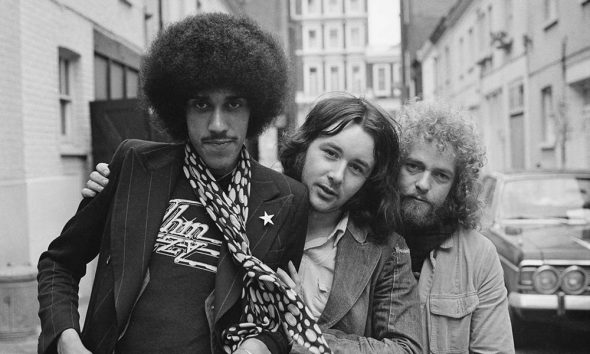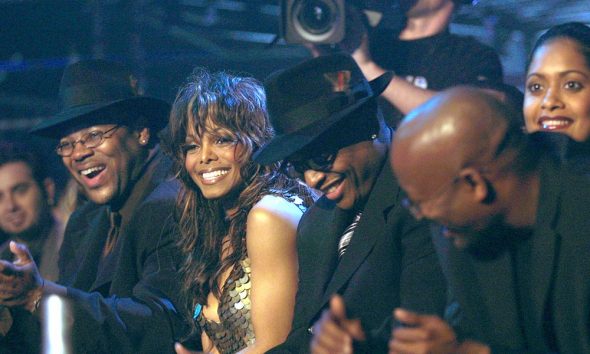Explore Beethoven’s Early Piano Sonatas With ‘Classics Unlocked’
Beethoven’s piano sonatas form one of the most important collection of works in the history of music – explore his early sonatas with ‘Classics Unlocked’.

Explore Beethoven’s early piano sonatas with Classics Unlocked, a classical music education podcast series presented by Graham Abbott, one of Australia’s most beloved broadcasters. Each 45-minute podcast focuses on a particular period of music or body of work and delves into the stories behind the music. The final episode in this series explores Beethoven’s early piano sonatas and features Wilhelm Kempff’s landmark 1960 stereo recordings.
Beethoven composed his 32 piano sonatas between 1795 and 1822 during the three distinct musical periods of his life: early (1792 – 1802), middle (1802 – 1812) ,and late (after 1812). The early piano sonatas were influenced by, but very different from, those by Haydn and Mozart and we can already hear the beginning of ideas that would be developed in Beethoven’s middle and late periods. His middle period sonatas show the rise of Romanticism, and his late period sonatas were mostly experimental in tonality, texture and form. Beethoven’s piano sonatas form one of the most important collection of works in the history of music and represent the most far-reaching overview of the development of his musical style.
Beethoven developed the piano sonata into a major musical form, capable of expressing powerful emotion. Many of Beethoven’s early piano sonatas have four movements, instead of the usual three, and include a minuet movement. Four movement structures were first used in bigger works including string quartets and symphonies. The most important of Beethoven’s early piano sonatas is the Pathétique, one of his most famous works, which is imbued with tragedy and pathos from start to finish. For the first time Beethoven used a slow introduction in a piano sonata, which sets the tone for the entire work, The Pathétique sonata shows how Beethoven’s music was moving from Classical form to the emotional, dramatic style of the Romantic era. The piano sonata was the major vehicle for Beethoven’s development as a composer in the final years of the 18th century.
“It’s a real privilege for me to join forces with Universal Music Australia to make Classics Unlocked,” said presenter Graham Abbott.” These programs will not only focus on some of the amazing recordings in the catalogues of Decca and Deutsche Grammophon, but they’ll also enable you to delve into the stories behind some of the greatest music ever written. We’re aiming to help you love the music you love even more, as well as making new discoveries along the way.”
The following Classics Unlocked music education podcasts are available on YouTube and as Apple Music podcasts:
• Bach’s Six Cello Suites – Pierre Fournier
• Mahler’s Symphonies – Bernard Haitink
• Tchaikovsky’s Symphonies – Mikhail Pletnev
• Wagner’s Ring Cycle – Sir Georg Solti
• Berlioz The Rule Breaker – Various Artists
• Beethoven’s Early Piano Sonatas – Wilhelm Kempff
Wilhelm Kempff’s landmark 1960 stereo recordings of Beethoven’s Complete Piano Sonatas, which have been remastered and reissued (8CD + Blu-ray Audio Disc), can be bought here.










